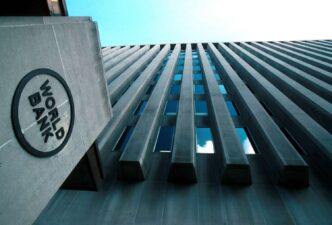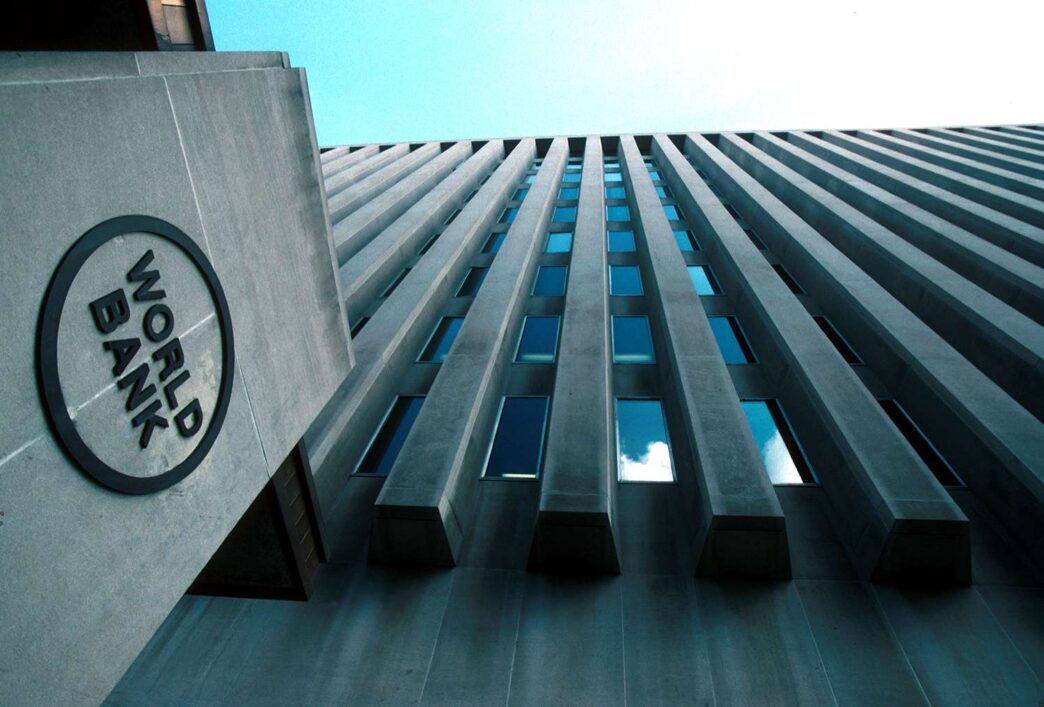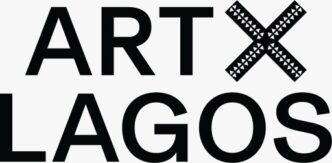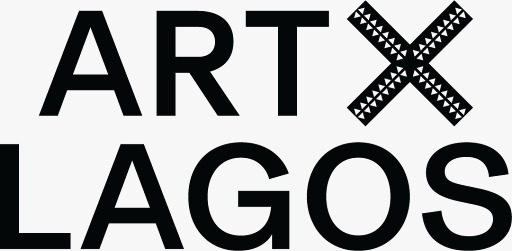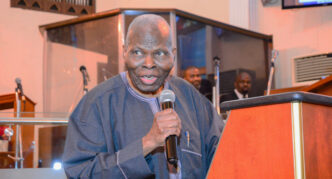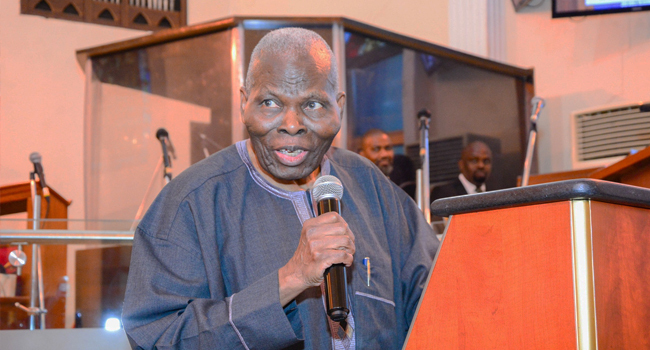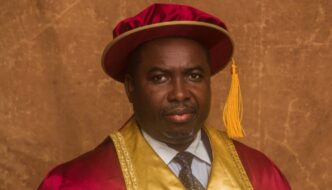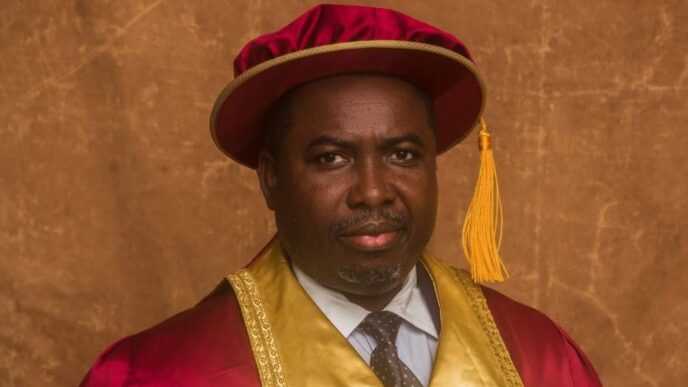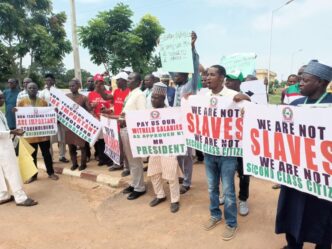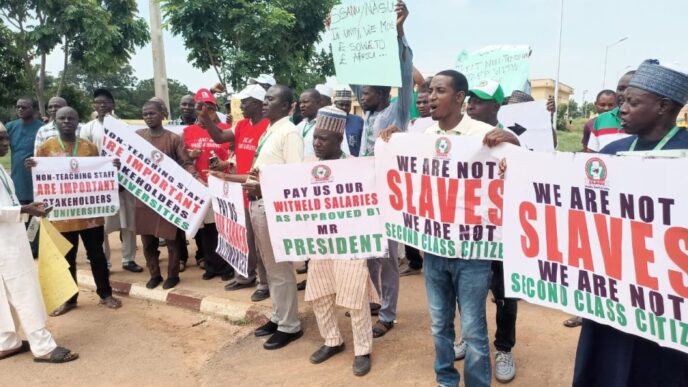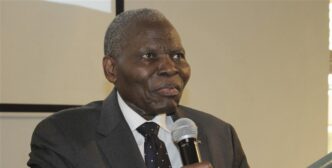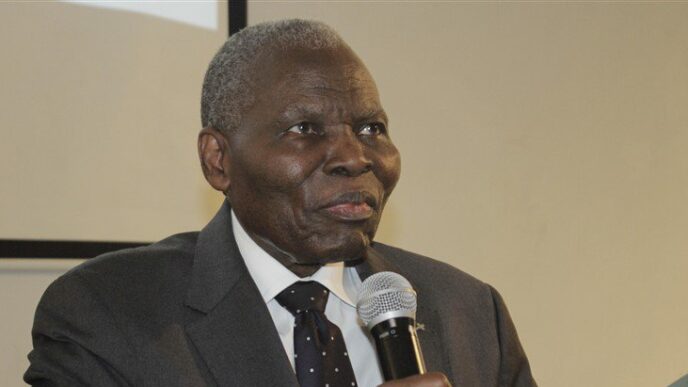Nigeria’s economy is showing early signs of stabilisation following a series of bold reforms introduced by President Bola Tinubu, according to a new World Bank report released on Wednesday. However, the institution warned that the number of Nigerians living in poverty has surged dramatically despite the improving fiscal outlook.
Since assuming office in 2023, Tinubu has implemented sweeping economic reforms, including liberalising the exchange rate and abolishing fuel subsidies. While economists have long called such steps necessary, they have also triggered a sharp rise in the cost of living, leaving millions struggling to afford basic necessities.
The World Bank noted that inflation, though still high, has begun to ease, prompting the Central Bank of Nigeria to lower interest rates last month. As of August, annual inflation stood at 20.1 percent, with food prices remaining a major driver of hardship.
According to the report, food inflation has been particularly devastating for poor households, who spend up to 70 percent of their income on food. The cost of a basic food basket has increased fivefold since 2019, it said. The World Bank estimated that around 61 percent of Nigerians — approximately 139 million people — now live in poverty, up from 40 percent (81 million people) in 2019. Most of this increase occurred before 2023, but the Bank cautioned that recent reforms have yet to translate into tangible improvements in living standards.

Despite the challenges, the World Bank described its outlook for Nigeria as “cautiously optimistic.” It credited the reforms with preventing “an outright fiscal crisis” and projected modest growth, from 4.2 percent in 2025 to 4.4 percent by 2027.
Nigeria’s economy grew 3.9 percent in the first half of 2025, compared with 3.5 percent during the same period last year. The country’s foreign reserves have risen to over $42 billion, the highest since 2019, while its debt-to-GDP ratio is expected to decline for the first time in ten years — from 42.9 percent to 39.8 percent.
However, Mathew Verghis, the World Bank’s Nigeria country director, stressed that macroeconomic stability alone would not be enough. “The true measure of success will be how these reforms improve the daily lives of Nigerians — especially the poor and vulnerable,” he said.
Nigeria plans to roll out a new tax administration system at the start of next year, aimed at expanding the tax base while easing the burden on low-income earners and small businesses. President Tinubu recently declared in a televised address that the economy had “finally turned the corner.


 Trending
Trending 
